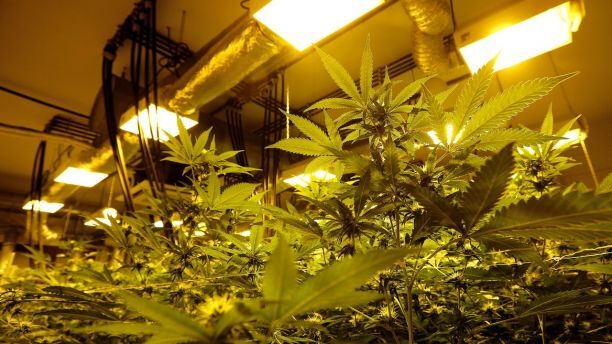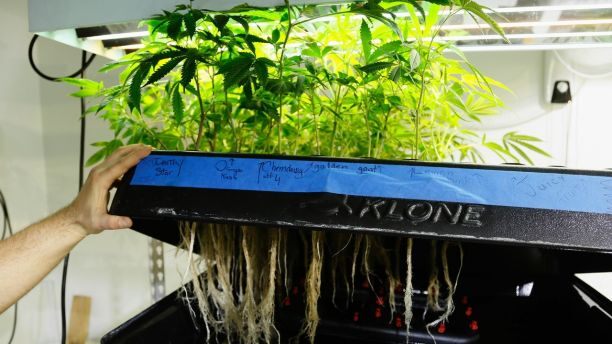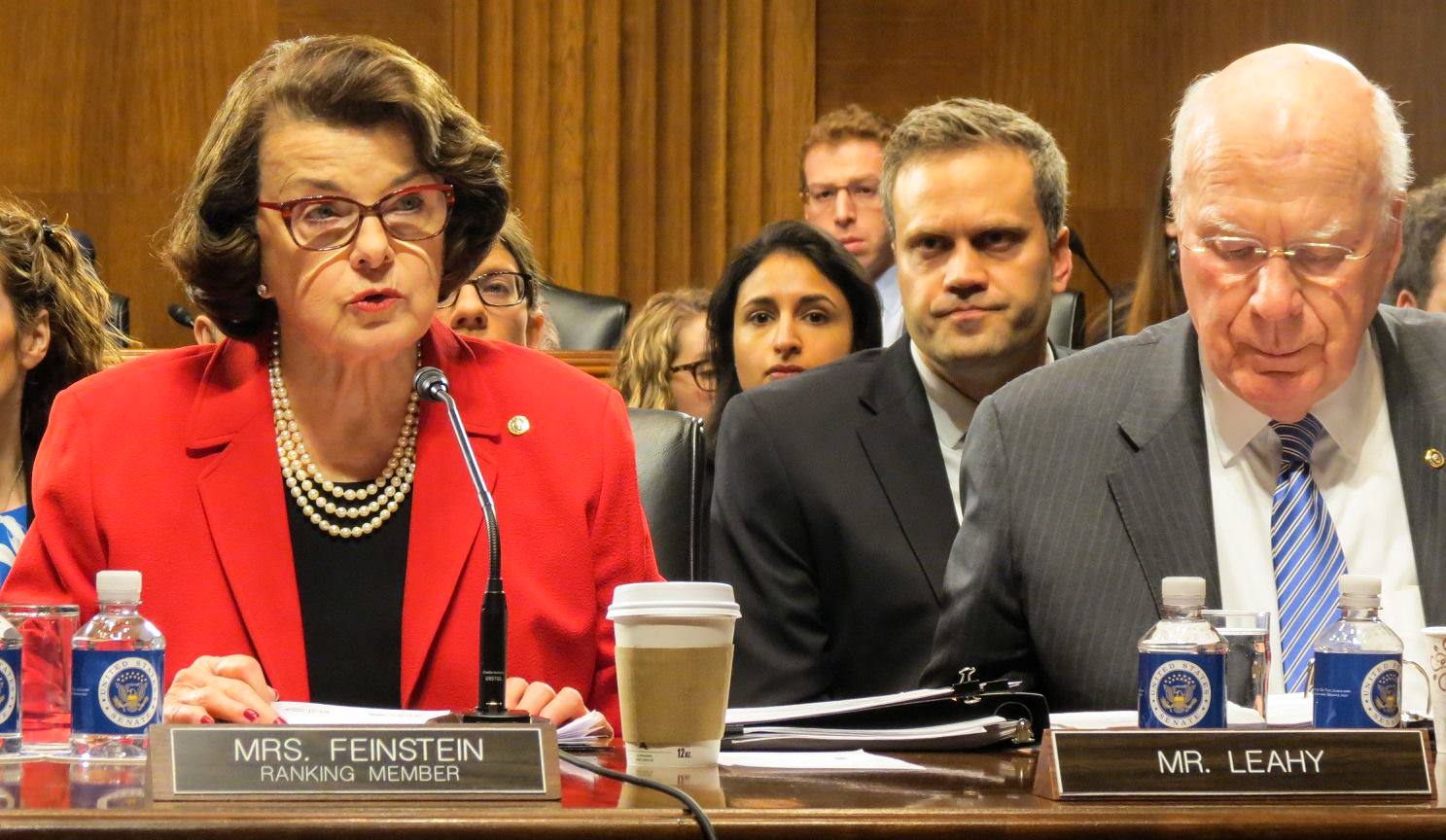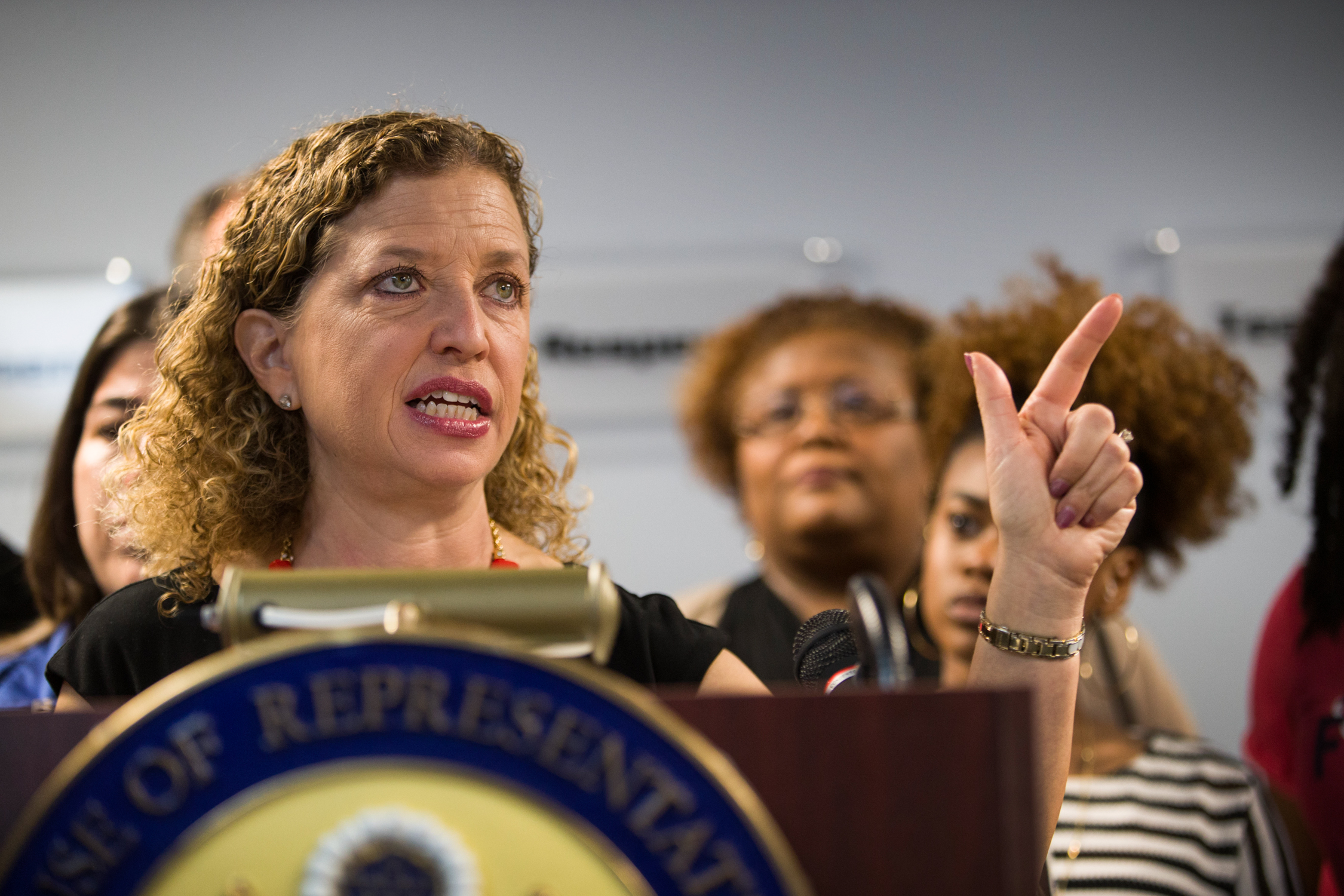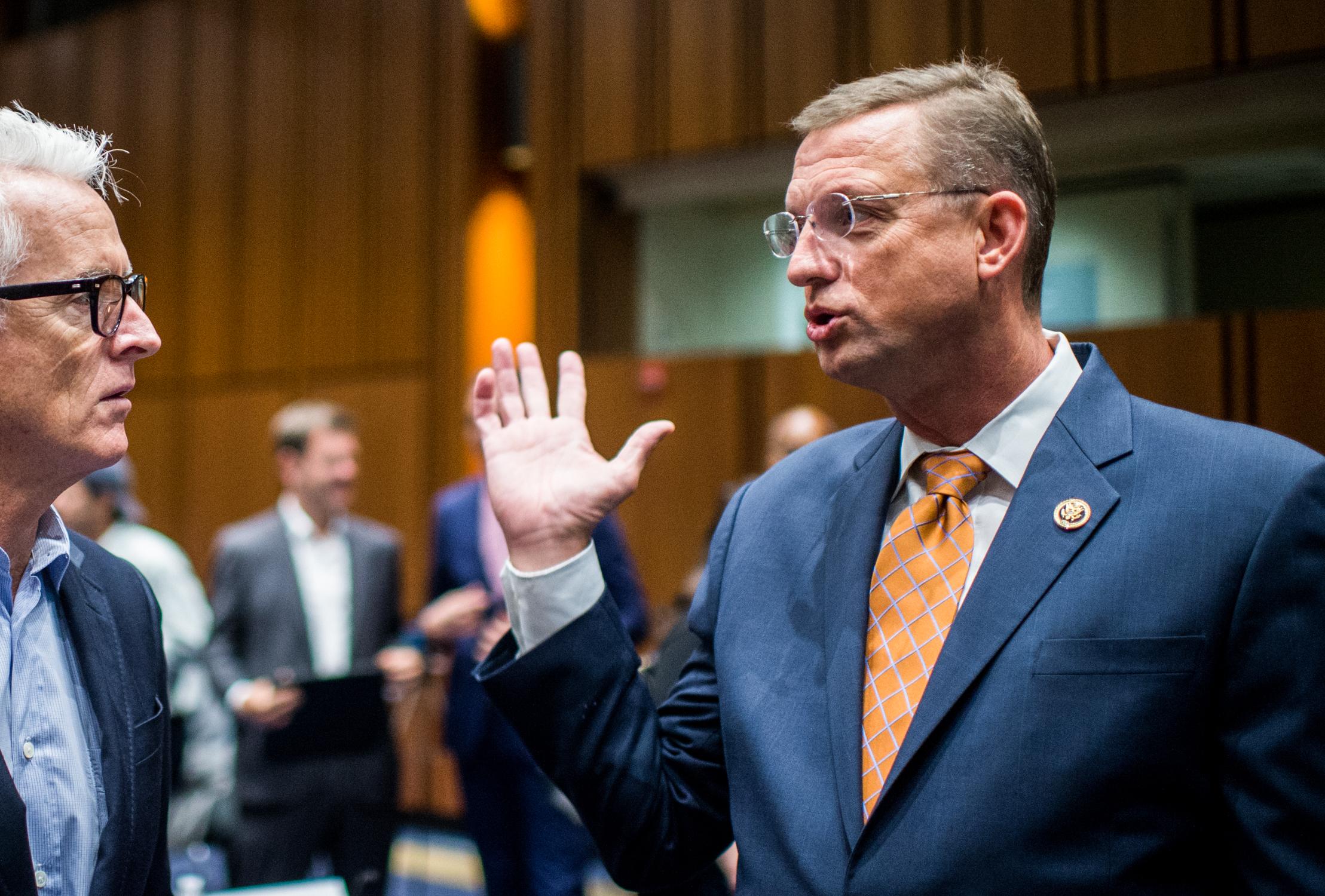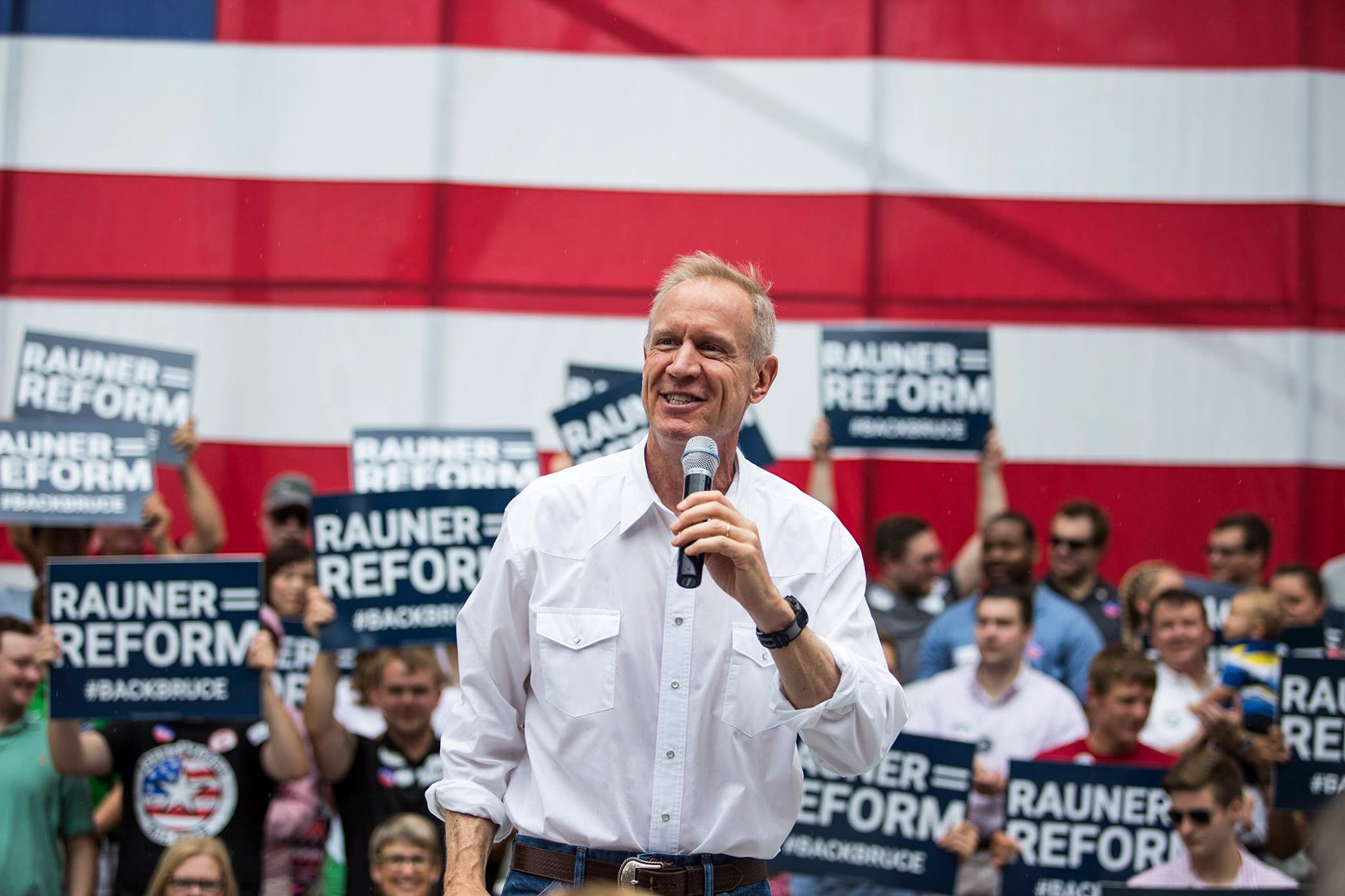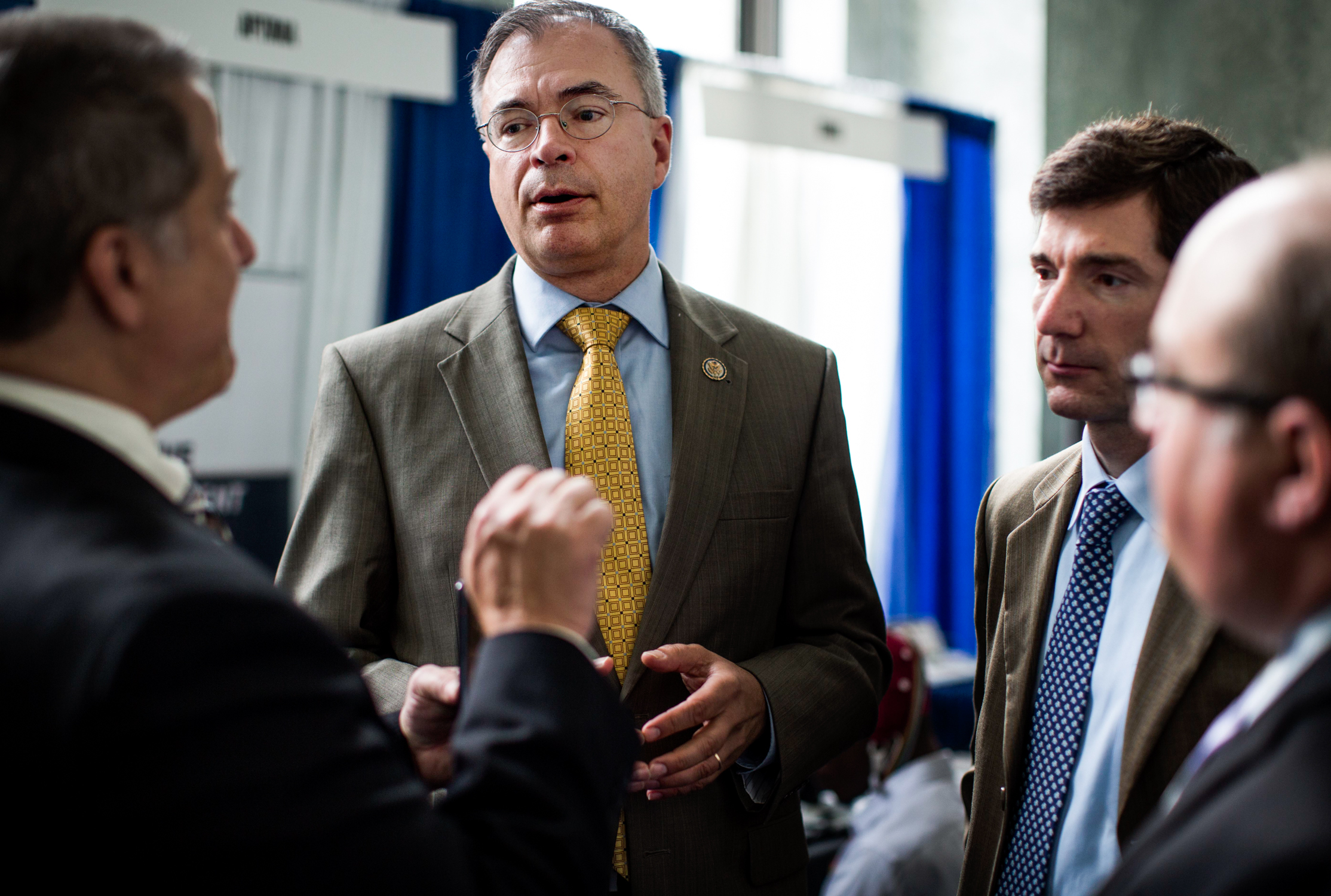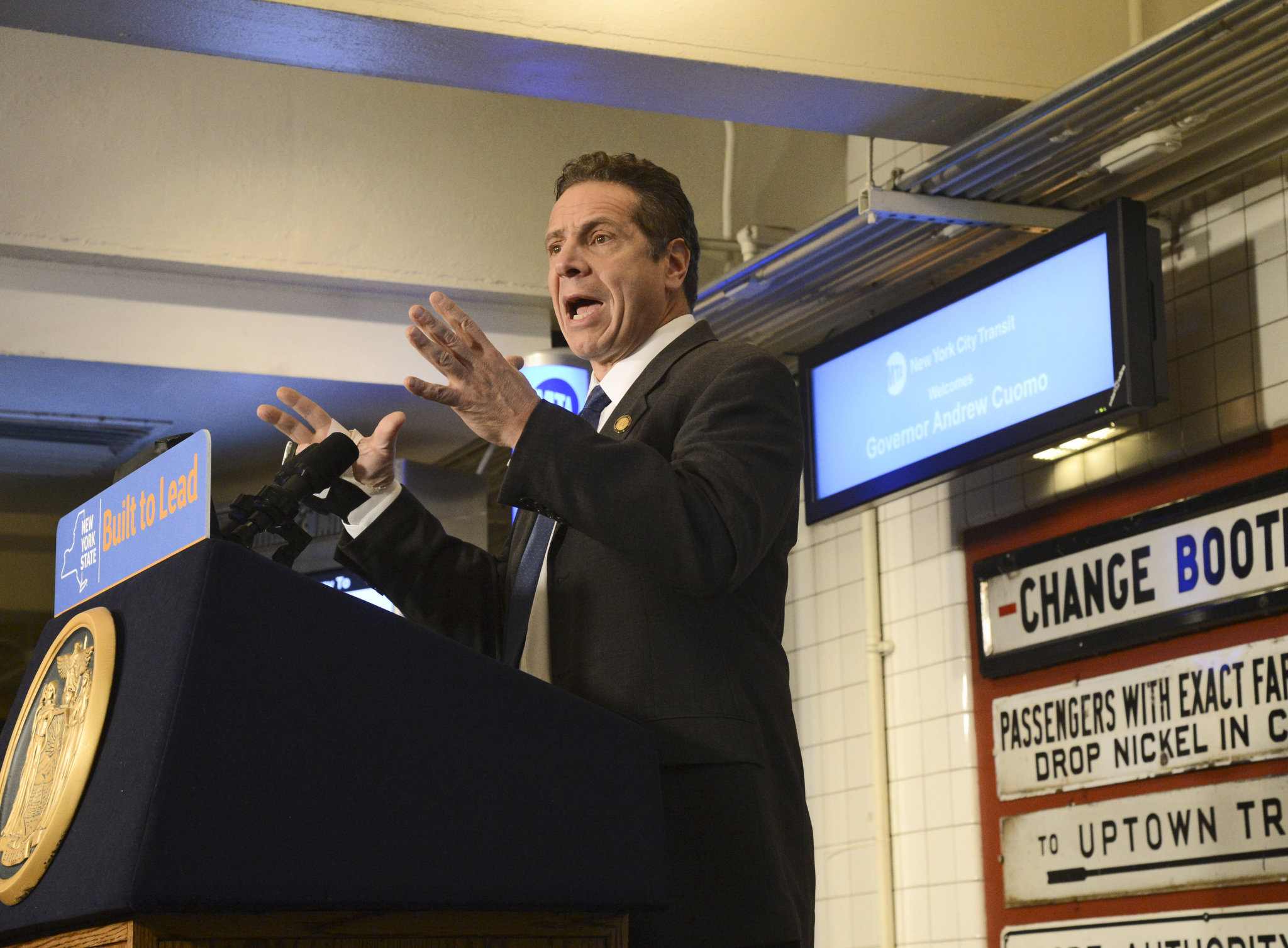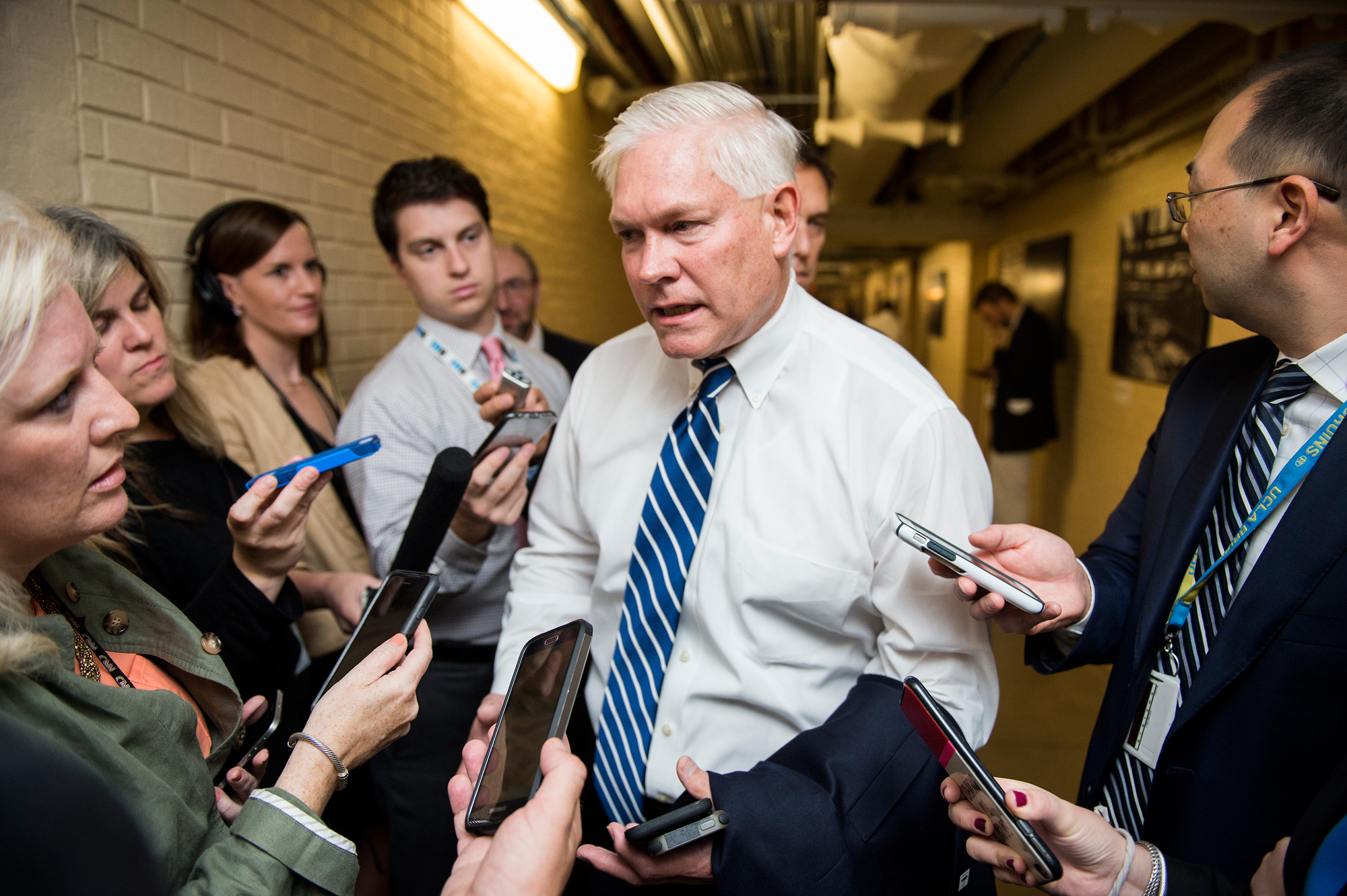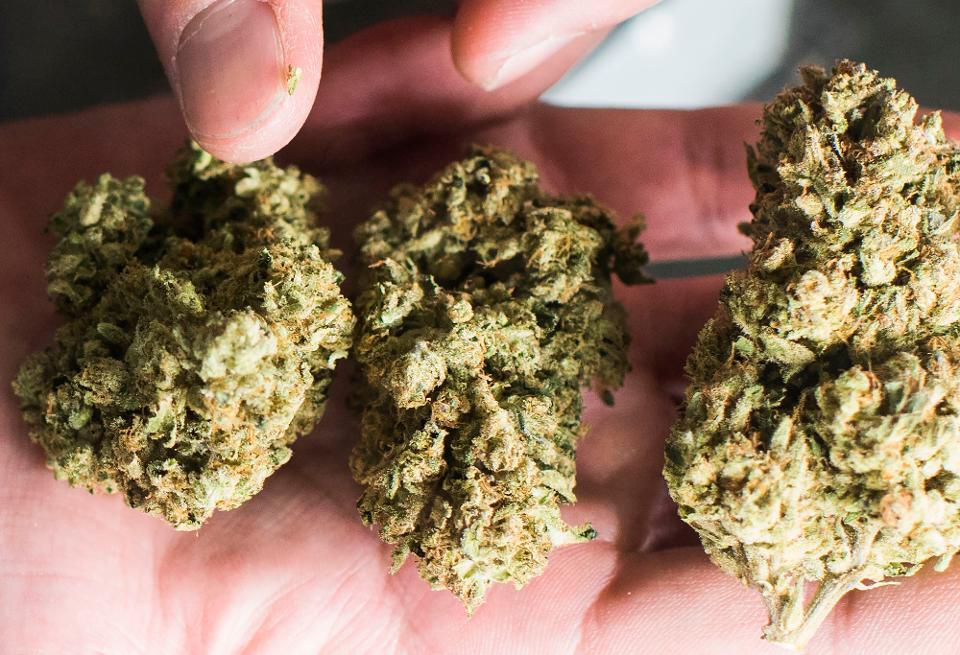Baron23
Well-Known Member
8 Anti-Marijuana Politicians To Watch Out For
Marijuana legalization might be making strides, but there’s still work to be done. Like voting out these anti-marijuana politicians.
Marijuana legalization has gained a lot of traction in the last few years. Recreational marijuana is now legal in eight states, with the potential for more to be added to the roster. Some politicians have been warming up to the idea of legalizing marijuana. But there is still an abundance of anti-marijuana politicians.
If you’re hoping to help in the legalization of marijuana, you’re going to want to know who not to vote for.
1. Pete Sessions (Texas/Republican)
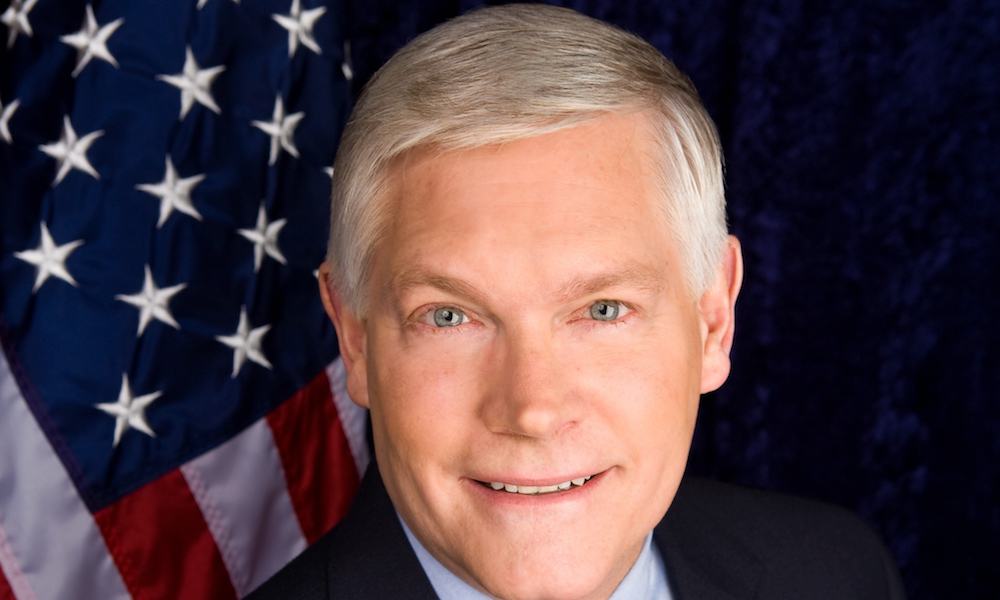
Wikipedia
The list of anti-marijuana politicians starts with a powerful figure that has a lot of control over legislation.
Politico calls Pete Sessions “Washington’s most powerful anti-pot official,” and rightfully so.
Despite the growth in public support of legalization, Sessions doesn’t believe that cannabis should be legal recreationally or medicinally.
He strongly believes that marijuana is a gateway drug. He stated as such in his speech during the U.S Department of Health and Human Services Region VI Opioid Summit at UT Southwestern on February 20.
With his position as chairman of the House Rules Committee, Sessions has the power to influence every legislation before it proceeds to the House floor. For the past two years, he has used this power to put off any cannabis-legislation that has come up for discussion.
This fall, Sessions will be attempting to defend his seat against a Democratic challenger. With the growing support of legalization, his views on marijuana may act as a downfall when the time comes to vote.
2. John Boozman (Arkansas/Republican)
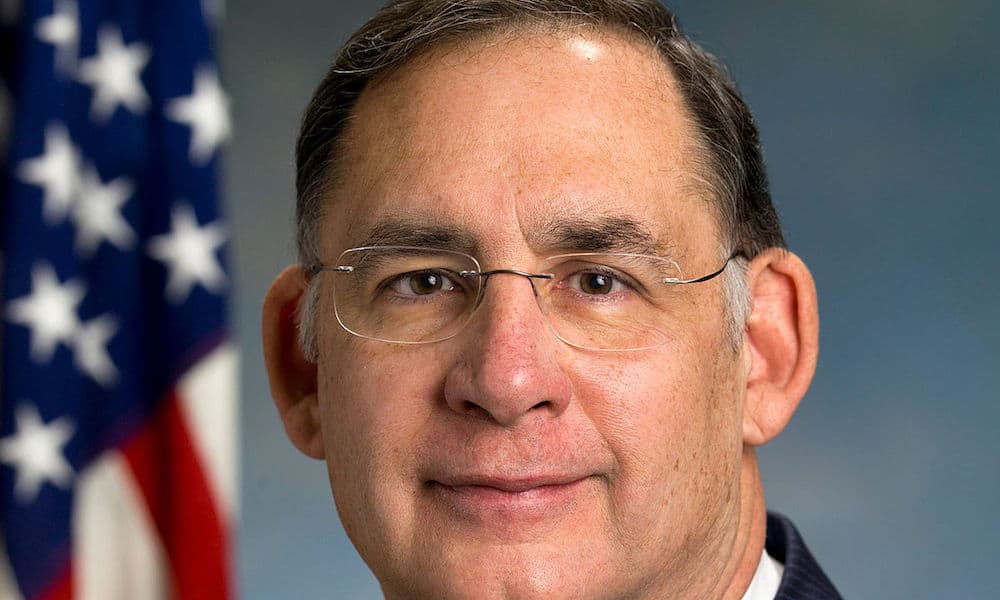
Wikipedia
According to his campaign manager Chris Caldwell, Senator John Boozman has a track record of voting against marijuana reforms.
Rated an F on his designated NORML scorecard, Boozman believes that medicinal marijuana has created a “free for all” in which doctors are prescribing the drug for any ailment.
He also believes that many of his supporters agree with his stance against marijuana. He stated that the mail he receives is “very much opposed to doing this (medical marijuana) at the federal level.”
3. Mike Pence
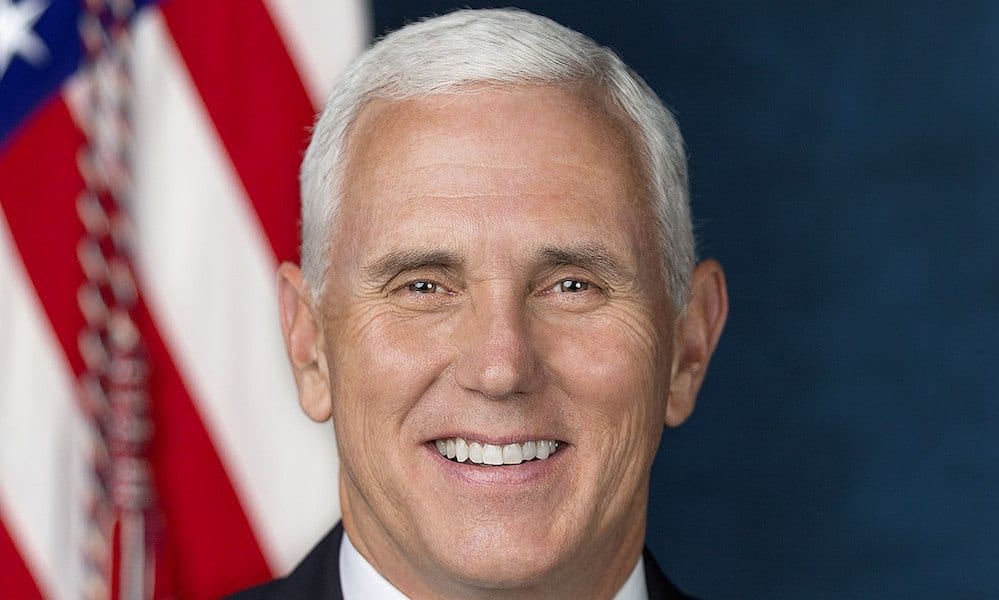
Wikipedia
Vice President of the United States, Mike Pence, has not held back his dislike for marijuana. Just like Boozman, he strongly believes that weed is a gateway drug. One that will lead to users experimenting with harder substances.
In 2013, Pence refused to accept House Bill 1006 because of its clause to lower marijuana charges. Rather than lowering the charges, he fought back in an attempt to raise the penalties for cannabis possession to a Class B misdemeanor.
Despite the opinion of the majority of Hoosiers, Pence has done everything in his power to keep Indiana’s tough drug laws alive.
4. Marco Rubio (Florida/Republican)
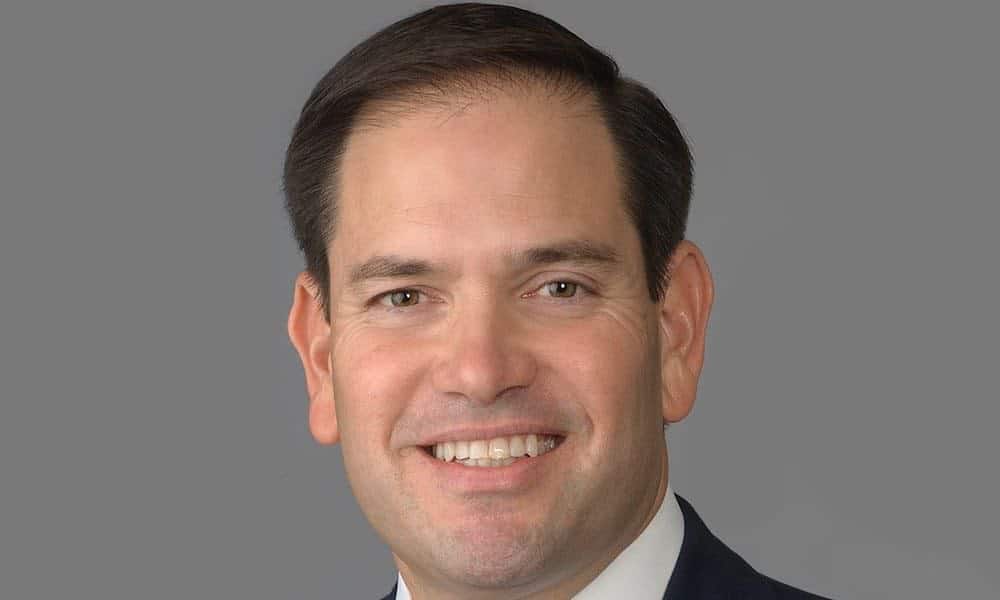
Wikipedia
Former presidential candidate, Marco Rubio, has voiced his negative opinion of marijuana on many occasions.
During his campaign run in 2016, Rubio stated the following. He believed that there is no responsible way to smoke marijuana repeatedly. He compared the drug with the negative effects of alcohol abuse. And declared that it should be turned into a medicine rather than being used recreationally.
“There’s no positive impact to using marijuana,” he said at a campaign event in South Carolina. “Now, if there’s a medicinal use—if you can go to the FDA and prove that it helps with medicine, that’s fine. Then turn it into medicine.”
In 2014, Rubio was also quoted saying that he would be more comfortable with the idea of medicinal marijuana if it didn’t “have the elements that are mind-altering or create the high but do alleviate whatever condition it may be they are trying to alleviate.”
Although he is somewhat open to the idea of medicinal marijuana, Rubio is firmly against legalization.
5. Mark Kirk (Illinois/Republican)
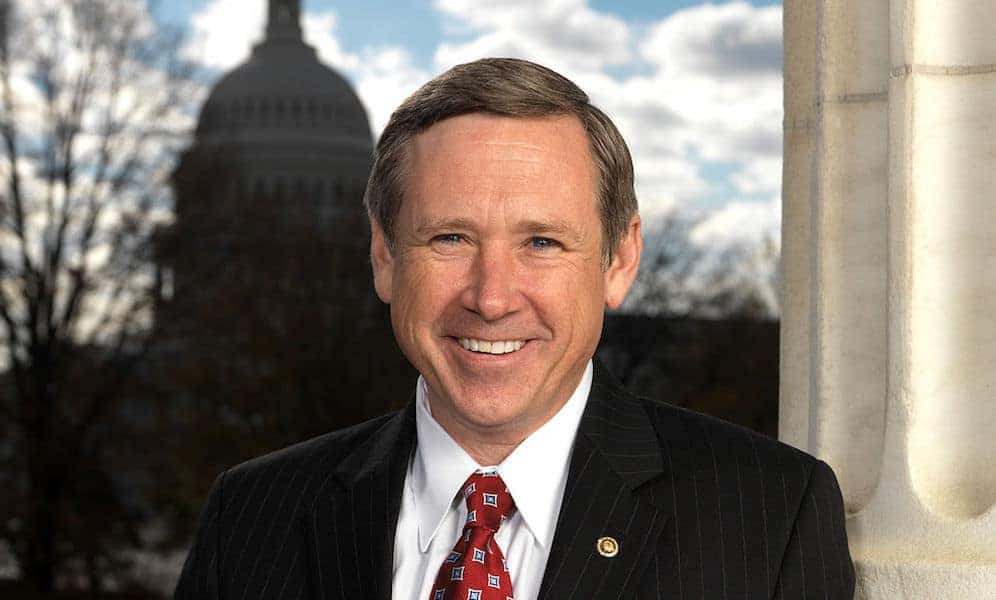
Wikipedia
According to NORML, although he has not specifically discussed his views on medicinal marijuana, Mark Kirk favors “full restrictions on the drug.”
His biggest concern lies in young users and their academic success, stating that “burnouts” were “lower performing in their careers and their lives.”
Kirk has also introduced a bill that would increase prison sentences for marijuana trafficking if the pot had THC levels over 15%, and has spoken out against amendments to increase military veterans access to marijuana.
6. Mitch McConnell (Kentucky/Republican)
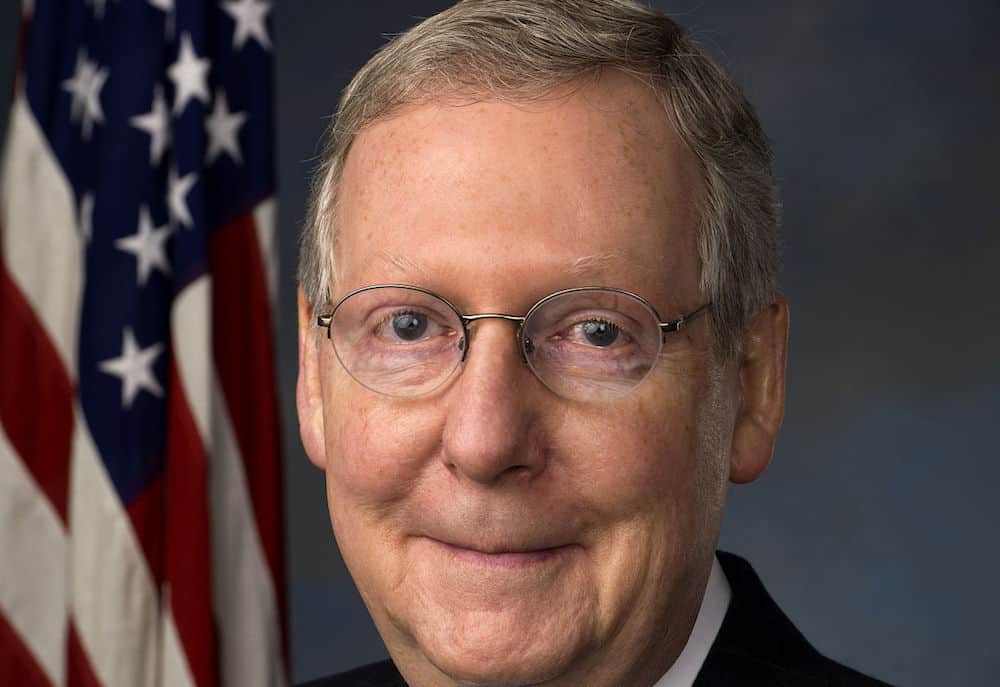
Wikipedia
Mitch McConnell strong opposing views on legalization are what lands him on our list of anti-marijuana politicians to watch out for.
In 2014, McConnell made a radio appearance at the University of Kentucky.
During his interview, he stated that legalizing marijuana “completely transform your society in a way that I think certainly most Kentuckians would not agree with.”
Opposing Democratic Senate candidate, Alison Lundergan Grimes, criticized McConnell for not recognizing the economic benefits of legalization, as proven by the outcome of Colorado’s legalization.
In a report by Roll Call, McConnell discussed his opinions on marijuana directly. “I don’t think an answer to this, honestly, is to go in a direction of legalizing any of these currently illegal drugs,” McConnell said.
“This whole movement in various parts of the country is a big mistake.”
Interestingly enough, McConnell is pro-hemp.
7. Deb Fischer (Nebraska/Republicans)
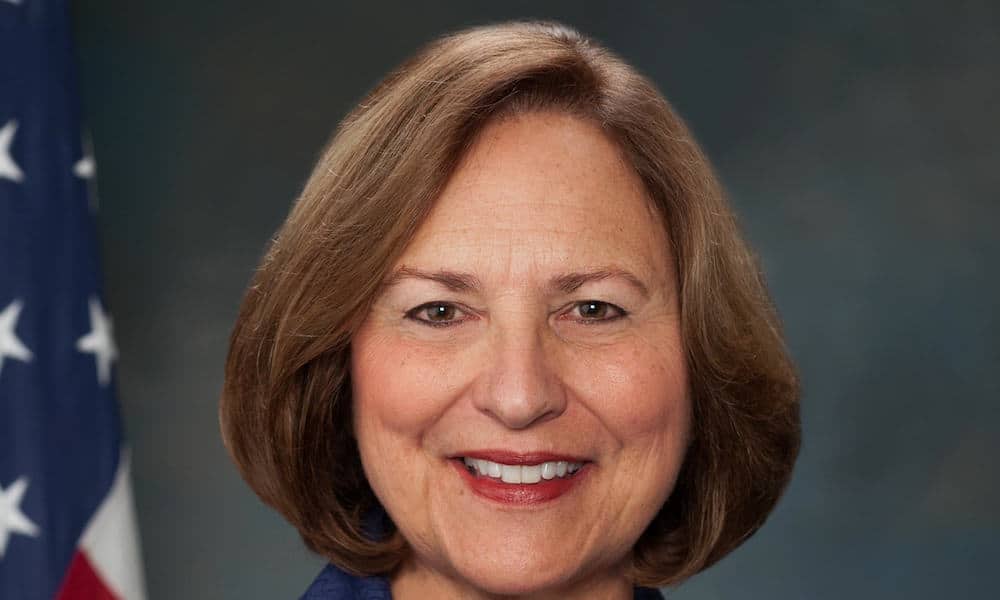
Wikipedia
Senator Deb Fischer is the only female to make our anti-marijuana politicians list. In June 2016, Fischer introduced a bill that would cut money from the Department of Justice if they didn’t comply and issue a plan to monitor state-level legalization and the transportation of the drug.
She claims that law enforcement officials throughout Nebraska informed her that the weed in Colorado is much more potent. They also discussed with her the variety of forms marijuana could come in, mentioning edibles such as gummy bears.
“This is dangerous for kids. I’m opposed to it,” Fischer was quoted saying.
8. Jeff Sessions
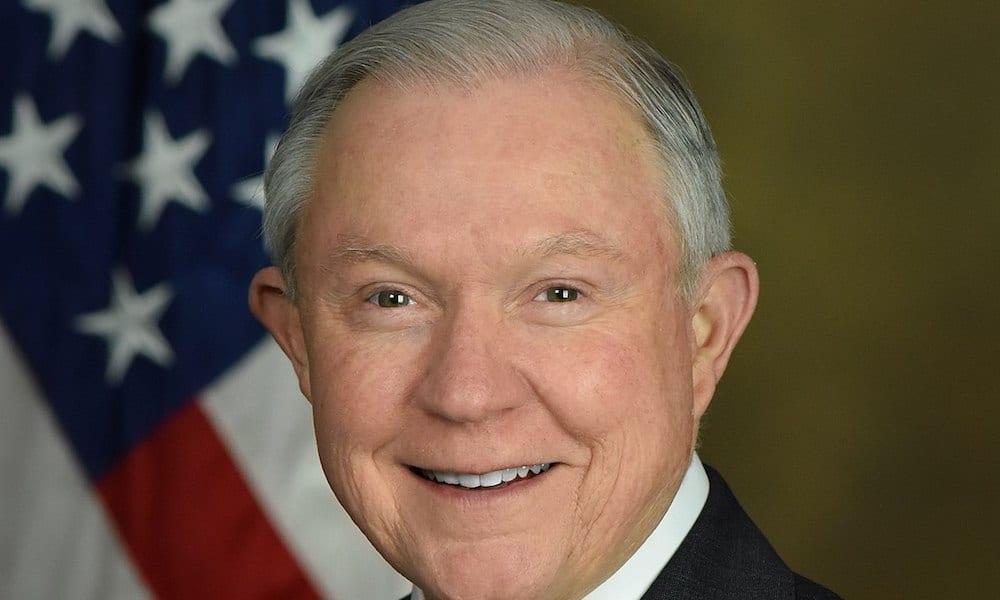
Wikipedia
Our list of anti-marijuana politicians would not be complete without Attorney General, Jeff Sessions. He once most famously noted that the Ku Klux Klan “was okay until I found out they smoked pot.”
Like most politicians on our list, Sessions believes in the “gateway drug” theory.
Last April, Sessions urged the government to relay the message that “good people don’t smoke marijuana.”
In another hearing, he brought up the fact that Lady Gaga said that she was addicted to marijuana. This was in an attempt to back up his theory that pot cannot be safer than alcohol.
Most recently, Sessions rescinded the Obama-era Cole memo, which instructed federal prosecutors not to prioritize prosecuting businesses, such as dispensaries, in states that had legalized cannabis.
Executive Director of NORML, Erik Altieri, issued a statement saying that “by rescinding the Cole Memo, Jeff Sessions is acting on his warped desire to return America to the failed beliefs of the ‘Just Say No’ and Reefer Madness eras.”
Final Hit: 8 Anti-Marijuana Politicians To Watch Out For
Although our list only consists of eight politicians, there are still many more that could be added. If you believe in the cause, it’s smart to educate yourself on the views of your representatives.
These politicians may stand firmly on their beliefs, but voicing your own opinions may go a long way. Get in contact with these representatives offices and challenge their views and beliefs. They may begin to listen as more voices join the conversation.
Despite the abundance of anti-weed politicians, there is still a long list of those who support it. Politicians who support the cause can be great allies. It is smart to also familiarize yourself with your representatives that are pro-pot and legalization.
Marijuana legalization might be making strides, but there’s still work to be done. Like voting out these anti-marijuana politicians.
Marijuana legalization has gained a lot of traction in the last few years. Recreational marijuana is now legal in eight states, with the potential for more to be added to the roster. Some politicians have been warming up to the idea of legalizing marijuana. But there is still an abundance of anti-marijuana politicians.
If you’re hoping to help in the legalization of marijuana, you’re going to want to know who not to vote for.
1. Pete Sessions (Texas/Republican)

Wikipedia
The list of anti-marijuana politicians starts with a powerful figure that has a lot of control over legislation.
Politico calls Pete Sessions “Washington’s most powerful anti-pot official,” and rightfully so.
Despite the growth in public support of legalization, Sessions doesn’t believe that cannabis should be legal recreationally or medicinally.
He strongly believes that marijuana is a gateway drug. He stated as such in his speech during the U.S Department of Health and Human Services Region VI Opioid Summit at UT Southwestern on February 20.
With his position as chairman of the House Rules Committee, Sessions has the power to influence every legislation before it proceeds to the House floor. For the past two years, he has used this power to put off any cannabis-legislation that has come up for discussion.
This fall, Sessions will be attempting to defend his seat against a Democratic challenger. With the growing support of legalization, his views on marijuana may act as a downfall when the time comes to vote.
2. John Boozman (Arkansas/Republican)

Wikipedia
According to his campaign manager Chris Caldwell, Senator John Boozman has a track record of voting against marijuana reforms.
Rated an F on his designated NORML scorecard, Boozman believes that medicinal marijuana has created a “free for all” in which doctors are prescribing the drug for any ailment.
He also believes that many of his supporters agree with his stance against marijuana. He stated that the mail he receives is “very much opposed to doing this (medical marijuana) at the federal level.”
3. Mike Pence

Wikipedia
Vice President of the United States, Mike Pence, has not held back his dislike for marijuana. Just like Boozman, he strongly believes that weed is a gateway drug. One that will lead to users experimenting with harder substances.
In 2013, Pence refused to accept House Bill 1006 because of its clause to lower marijuana charges. Rather than lowering the charges, he fought back in an attempt to raise the penalties for cannabis possession to a Class B misdemeanor.
Despite the opinion of the majority of Hoosiers, Pence has done everything in his power to keep Indiana’s tough drug laws alive.
4. Marco Rubio (Florida/Republican)

Wikipedia
Former presidential candidate, Marco Rubio, has voiced his negative opinion of marijuana on many occasions.
During his campaign run in 2016, Rubio stated the following. He believed that there is no responsible way to smoke marijuana repeatedly. He compared the drug with the negative effects of alcohol abuse. And declared that it should be turned into a medicine rather than being used recreationally.
“There’s no positive impact to using marijuana,” he said at a campaign event in South Carolina. “Now, if there’s a medicinal use—if you can go to the FDA and prove that it helps with medicine, that’s fine. Then turn it into medicine.”
In 2014, Rubio was also quoted saying that he would be more comfortable with the idea of medicinal marijuana if it didn’t “have the elements that are mind-altering or create the high but do alleviate whatever condition it may be they are trying to alleviate.”
Although he is somewhat open to the idea of medicinal marijuana, Rubio is firmly against legalization.
5. Mark Kirk (Illinois/Republican)

Wikipedia
According to NORML, although he has not specifically discussed his views on medicinal marijuana, Mark Kirk favors “full restrictions on the drug.”
His biggest concern lies in young users and their academic success, stating that “burnouts” were “lower performing in their careers and their lives.”
Kirk has also introduced a bill that would increase prison sentences for marijuana trafficking if the pot had THC levels over 15%, and has spoken out against amendments to increase military veterans access to marijuana.
6. Mitch McConnell (Kentucky/Republican)

Wikipedia
Mitch McConnell strong opposing views on legalization are what lands him on our list of anti-marijuana politicians to watch out for.
In 2014, McConnell made a radio appearance at the University of Kentucky.
During his interview, he stated that legalizing marijuana “completely transform your society in a way that I think certainly most Kentuckians would not agree with.”
Opposing Democratic Senate candidate, Alison Lundergan Grimes, criticized McConnell for not recognizing the economic benefits of legalization, as proven by the outcome of Colorado’s legalization.
In a report by Roll Call, McConnell discussed his opinions on marijuana directly. “I don’t think an answer to this, honestly, is to go in a direction of legalizing any of these currently illegal drugs,” McConnell said.
“This whole movement in various parts of the country is a big mistake.”
Interestingly enough, McConnell is pro-hemp.
7. Deb Fischer (Nebraska/Republicans)

Wikipedia
Senator Deb Fischer is the only female to make our anti-marijuana politicians list. In June 2016, Fischer introduced a bill that would cut money from the Department of Justice if they didn’t comply and issue a plan to monitor state-level legalization and the transportation of the drug.
She claims that law enforcement officials throughout Nebraska informed her that the weed in Colorado is much more potent. They also discussed with her the variety of forms marijuana could come in, mentioning edibles such as gummy bears.
“This is dangerous for kids. I’m opposed to it,” Fischer was quoted saying.
8. Jeff Sessions

Wikipedia
Our list of anti-marijuana politicians would not be complete without Attorney General, Jeff Sessions. He once most famously noted that the Ku Klux Klan “was okay until I found out they smoked pot.”
Like most politicians on our list, Sessions believes in the “gateway drug” theory.
Last April, Sessions urged the government to relay the message that “good people don’t smoke marijuana.”
In another hearing, he brought up the fact that Lady Gaga said that she was addicted to marijuana. This was in an attempt to back up his theory that pot cannot be safer than alcohol.
Most recently, Sessions rescinded the Obama-era Cole memo, which instructed federal prosecutors not to prioritize prosecuting businesses, such as dispensaries, in states that had legalized cannabis.
Executive Director of NORML, Erik Altieri, issued a statement saying that “by rescinding the Cole Memo, Jeff Sessions is acting on his warped desire to return America to the failed beliefs of the ‘Just Say No’ and Reefer Madness eras.”
Final Hit: 8 Anti-Marijuana Politicians To Watch Out For
Although our list only consists of eight politicians, there are still many more that could be added. If you believe in the cause, it’s smart to educate yourself on the views of your representatives.
These politicians may stand firmly on their beliefs, but voicing your own opinions may go a long way. Get in contact with these representatives offices and challenge their views and beliefs. They may begin to listen as more voices join the conversation.
Despite the abundance of anti-weed politicians, there is still a long list of those who support it. Politicians who support the cause can be great allies. It is smart to also familiarize yourself with your representatives that are pro-pot and legalization.
